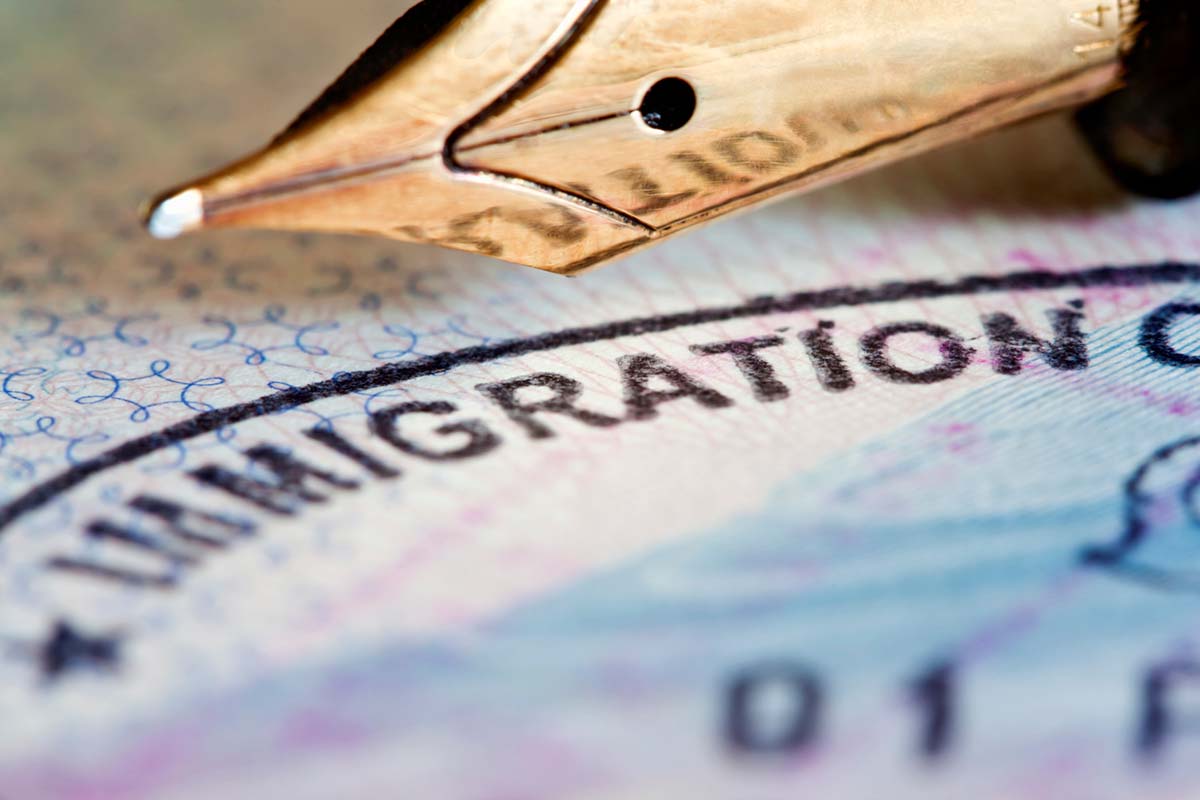Since April 2020, a temporary freeze has been in place that banned the issuance of family-based immigrant visas due to the COVID-19 pandemic. The Trump administration extended the ban a few different times, with it most recently being slated to expire on March 31, 2021. However, President Biden ended the freeze in February 2021, giving the go-ahead for individuals to begin again applying for admission to the U.S. based on certain relationships with U.S. citizens and some legal permanent residents.
Prioritization of Family-Based Immigrant Visas
The Department of State has announced that it is prioritizing immigrant visas in the following order:
- Tier One – Immediate relative intercountry adoption visas, age-out cases, which applicants soon may no longer qualify due to their age, and certain Special Immigration visas for Afghan and Iraqi nationals working with the U.S. government
- Tier Two – Immediate relative visas, fiancé/fiancée (K) visas, and returning resident visas
- Tier Three – Family preference immigrant visas and SE Special Immigrant Visas for certain employees of the U.S. government abroad
- Tier Four – All other visas, including employment preference and diversity visas
Under family-based immigration laws, U.S. citizens can sponsor their children under the age of 21, their spouses, their unmarried children who are over the age of 21, married children of any age, and siblings and parents, as long as sponsoring children are age 21 or older. On the other hand, legal permanent residents can only sponsor their spouses and unmarried children of any age.
Addressing the Backlog of Family-Based Immigrant Visa Applications
According to a recent CNN article, although consulates and embassies abroad began reopening for limited visa services in as early as July 2020, over two-thirds of the locations had yet to schedule a single visa interview by August. By January 2021, a full one-third of the offices still had not scheduled any interviews. Comparatively, in January 2020, the State Department scheduled almost 23,000 visa interviews worldwide. In January 2021, the State Department scheduled only 262 interviews or a 99% decrease over the same month of the previous year. These delays have substantially hampered the visa application process and only added to the massive backlog.
Likewise, in February 2017, there was a backlog of 2,312 family-preference visa applications. Almost exactly four years later, in February 2021, there is a backlog of 285,000 family-preference visa applications. Even though the processing of these applications is to resume, in reality, progress will likely be slow.
Furthermore, the lengthy freeze on visa applications also has contributed to the backlog, which has grown even worse. The visa application backlog hovered at 2.5 million applications as of April 2021. Although the U.S. has taken steps to address the backlog through its prioritization system, significant delays still exist. For instance, the Department of State says that it is prioritizing the processing of K visa applications. Still, in practice, the only way to expedite these applications is to submit an expedited visa request or a National Interest Exception request. Despite the relief that the Biden administration has granted in ending the freeze, significant delays in processing many family-based visa applications still exist.
Finally, the State Department currently has 1,000 fewer employees than it did at the start of the Trump administration. A significant drop in fee revenue due to services not offered by the pandemic also leaves a budget shortfall that could take years to replenish. The House and Senate Democrats have proposed a budget that would support 1,200 more Foreign Service officers. However, these individuals’ hiring and training process would likely take another one and one-half years to complete.
Some COVID-19 Restrictions Continue
Restrictions remain on individuals who have been physically present in China, Iran, Schengen Area, UK, Ireland, Brazil, and South Africa within the 14 days before seeking admission to the U.S. However, immigrant visa applicants and K fiancé/fiancée nonimmigrant visa applicants are exempt from these geographically-based COVID-19 restrictions.
We Are Here to Advocate for Your Legal Rights
At LBE Law Firm, our attorneys handle cases related to immigration law, including individuals who are seeking employment-based visas. We also represent clients in investment-based visas and family-based immigration petitions. Additionally, we regularly handle bankruptcy, family law, and other general legal matters for our clients. Contact our office today at 1-424-LBE-LAW4 (1-424-523-5294) (call, text, or WhatsApp) or via email at info@lbelawfirm.com.


